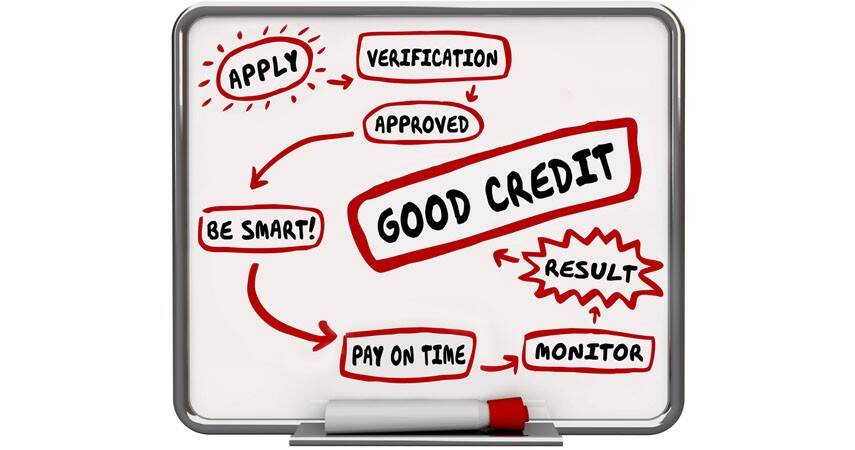The monetary penalty will look less bad when you start applying for the home loans and get rejected. The recurring cheque bounces will affect your banking record poorly and the banks will think twice before approving you a loan.
However, this isn’t where it all end, there’s more.
In case the cheque bounces due to the insufficient amount in your account, it will be considered as a criminal offence. The person or the bank in whose favour the cheque has been issued can file a complaint against you under the Section 138 of Negotiable Instruments Act. As a punishment, you may have to serve a jail time or pay double the amount as a penalty.
However, if the cheque has bounced due to technical glitch then a complaint can be filed under Section 25 of Payment and Settlement Systems Act, 2007. The defaulters are often seen prolonging the trails to avoid the punishment.
Finance minister, Arun Jaitley, made a strong statement in regard to the same in this year’s Union budget, "As we move faster on the path of digital transactions and cheque payments, we need to ensure that the payees of dishonoured cheques are able to realise the payments. The government is, therefore, considering the option of amending the Negotiable Instruments Act suitably."
Under the proposed change, the offender will have to deposit 50 percent as fine or compensation as awarded by the trial court for appealing to the higher court. The Supreme Court also stated that the offenders cannot get away with the jail time to avoid the paying compensation.
There are other implications as well; the banks will stop issuing you cheque books if you are a repeat offender. Banks also may have the right to sell off the security that you would have deposited to get the loan to it, to recover the money.
It is important to maintain your credit and statements to get the home loan. Banks hesitate in giving out the loan to the individuals with a questionable spending history.







